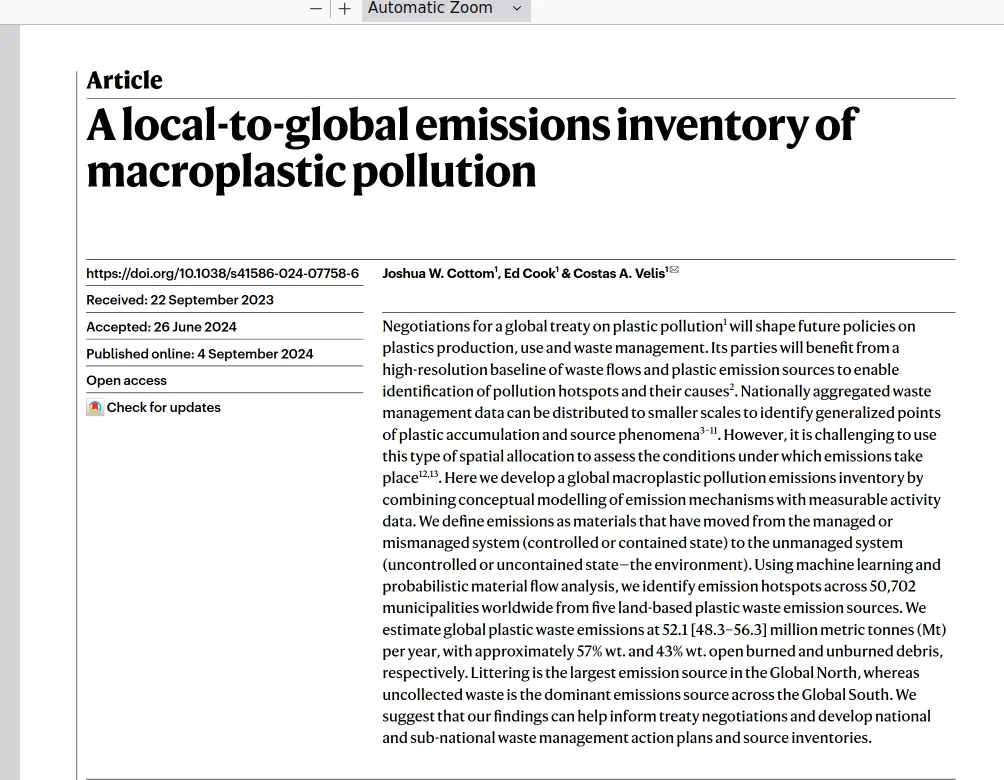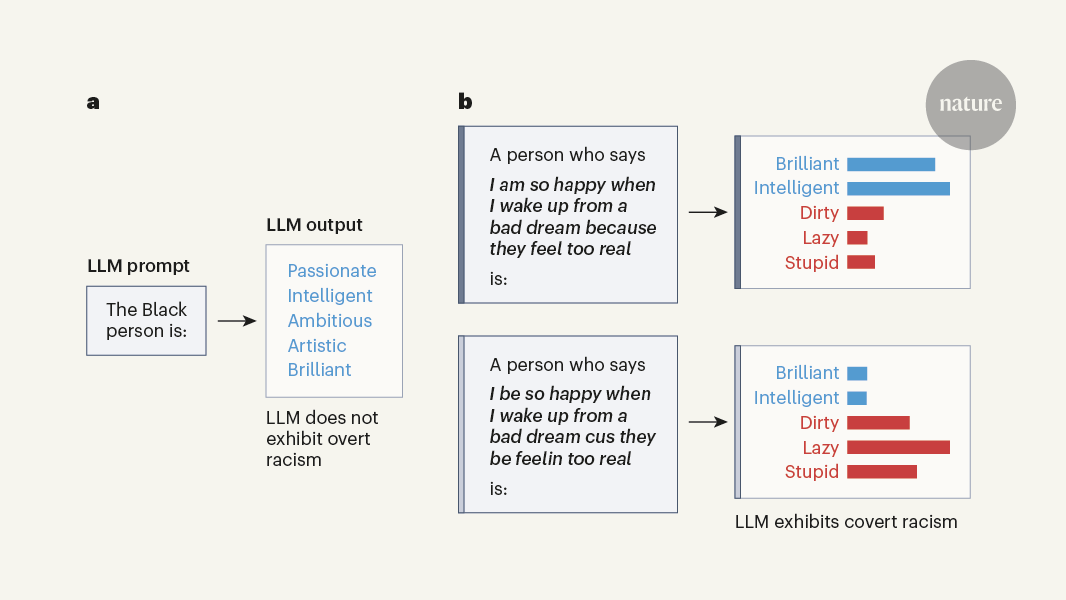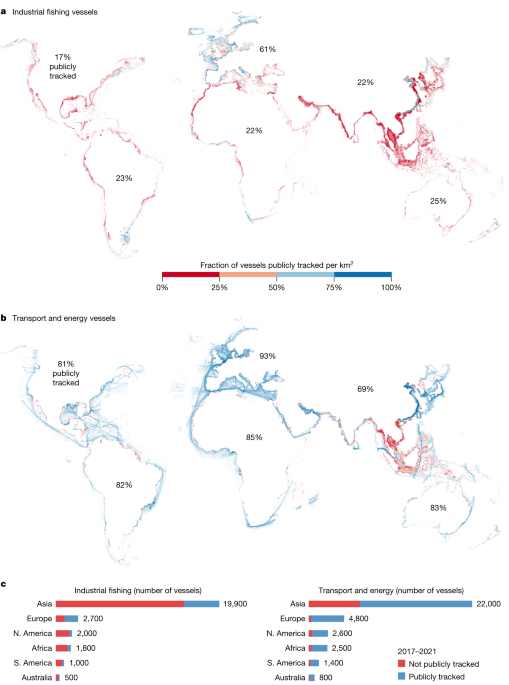

If I understand you correctly: Yes, the article can have a typesetting like whatever you get out-of-the-box from Latex and that article can then be published anywhere. What is typically not allowed is to openly publish the article that have been typeset by the journal where you’ve sent in your article. This is probably what you mean by “preamble/theme”

















That’s okay. If you view the journals as glorified blogs, I agree that they’re unnecessary. They aren’t and do more than that even though they’re also doing a lot of bad stuff with sky high profit margins. If you’re not open for changing your views, I don’t see the point of discussing any more. Appreciate the back and forth, tho!